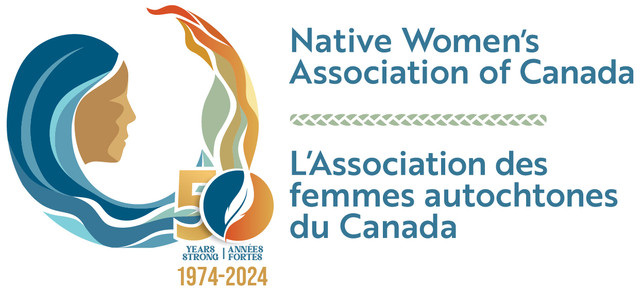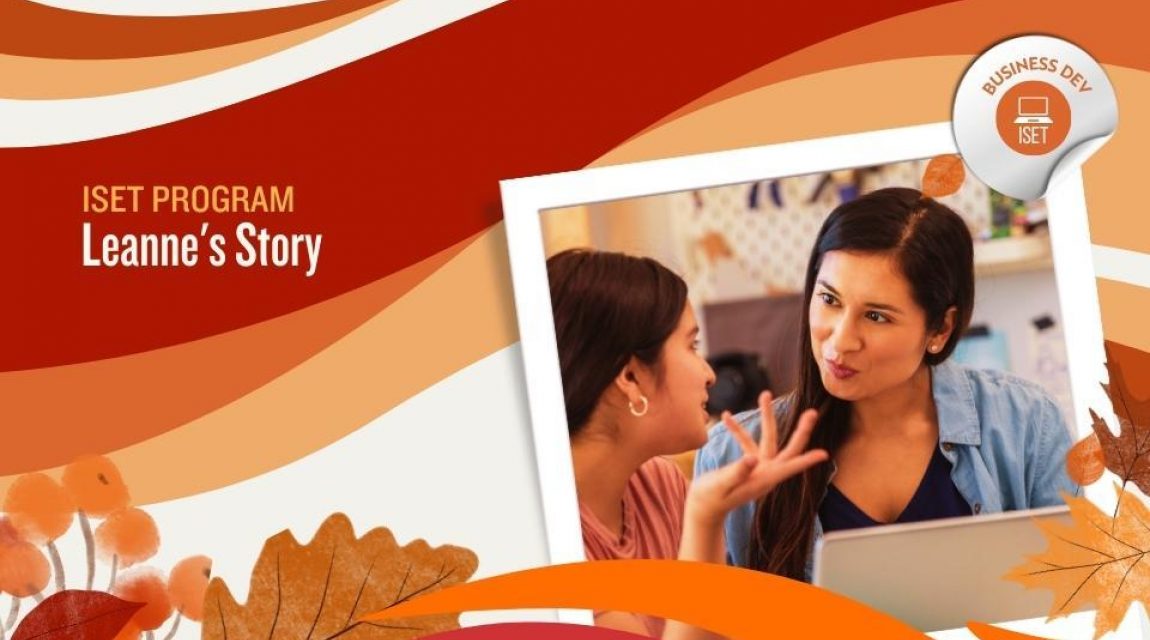Leanne Niziol is from Yellowknife in the Northwest territories. She became aware of NWAC's Indigenous Skills and Employment Training (ISETS) program while studying medicine at the University of Manitoba. Her goal is to complete her medical education (she is currently in her fourth year) and practise in the North, where she wants to give back to her people and community. "My community has always been a part of my journey and being able to give back is what motivates me. It is Dene law to share, give back, and take care of one another. This is our way of being," she says.
Leanne grew up in Pehdzeh Ki First Nation, and like most First Nations communities, her community faces many challenges accessing healthcare services, let alone culturally safe care. She has also never seen any First Nations physicians practising in the North.

